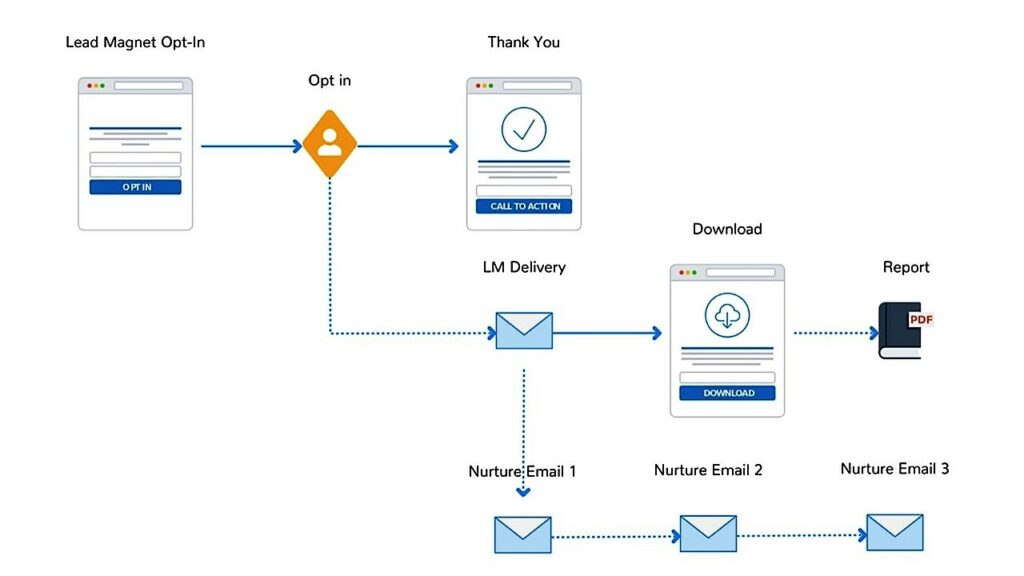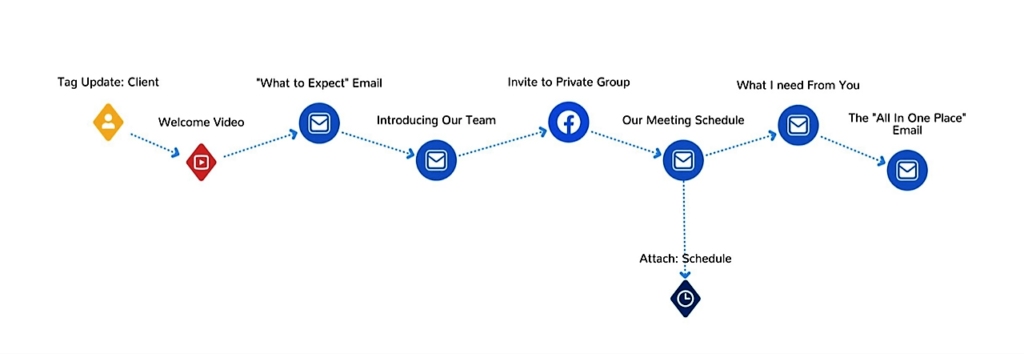If the coaching industry has anything to learn from other industries that have been around and undergone several levels of transitions, it would be to reimagine the extent of possible automation in this people-centric field.
Let’s look at the journey of the clothing industry for example.
The clothing industry has undergone several transformations over the past 10,000 years:
- In the times of Neolithic Revolution, when humans started transitioning from hunter gatherers to farmers and used clothing as a means of protection from cold, animals, and battles.
- As humans settled down, the use of clothing transitioned from providing protection to showcasing elements of status in the society.
- With shift to farming, the emergence of food surplus took place, which is when specialisms started to emerge. The production of clothing shifted from collective tasks for small groups & individuals to specialists like tailors. This specialisation continued when trade bodies and guilds came in the 12th and 13th century.
- The Industrial Revolution in the 1800s brought further change – the clothing production moved from the cottage industry & small make-shift shop setting to formal factory production making use of mechanisation to increase consistency and reduce costs.
- This process has been brought to what it is today with the continued development of automation. Over the last 30 years, with the digital revolution, the clothing industry has witnessed a shift from individuals controlling machines to making use of automation and digitisation to do the bulk of the heavy lifting.
The coaching movement
While the clothing sector developed in full sight, the reality is very different for a specialist industry such as coaching. This may be due to the relative immaturity of the industry.
The coaching industry is going through its own movement and trajectory – it has its own nuances that are unique to it. But there is a lot we can learn from the journey and evolutions of the clothing industry, for instance, to predict and prepare for where coaching may be headed in times to come.
The professionalisation of coaching started during the 1980s and 1990s, with the emergence of formal coach training programmes and the formation of professional bodies such as the European Mentoring and Coaching Council (EMCC) in 1992 and International Coaching Federation (ICF) in 1995.
And this trend of professionalisation has only grown in the last three decades. Given the model and recent developments in technology and growth of the coaching science over the past 10 years, the industry might just be reaching a tipping point.
There is a possibility that, in the coming years, coaching is about to begin the transition from being a professional service delivered by a limited number of high-cost specialists to those who can afford it, to an industrial process that can be delivered in an economical and consistent manner to a wider audience.
In the last several years, there have been many factors that have propelled coaching towards its next stage of development:
a) The growth of online communications platforms like Google Hangout, Micrsoft Teams, and Zoom and remote and hybrid working models that have provided lower costs for employers.
b) The combination of access to research platforms like Research Gate and search tools like Sci-Hub that are aiding in the democratisation of the science of coaching.
c) The growth of investor interest in digital platforms that have seen significant growth during the 2010–2020 period, enabling start-ups to secure the investment needed for the development of online products in the mental health or learning space.
The next possible phase for coaching may possibly see the emergence, growth, and ultimately domination of coaching by online large-scale platforms that offer low-cost and on-demand access to coaching services informed by science, in multiple languages, and at a high standard.
And for platforms to offer low-cost and on-demand access, automation would be the natural way to go.
Use cases of automation in coaching
All this considered, the onset of automated coaching isn’t a cause for worry for coaches – quite the opposite. Here are 5 benefits of automation that can help your coaching business grow:
1. Lead capturing and nurturing
Bringing in a new stream of prospective clients is vital for the growth and maintenance of your coaching business. While you’ll need to use your expertise to attract these potential clients i.e. leads, much of the process can be automated.
Lead magnets, for example, are a superb way to capture new leads (as the name suggests!). Your expertise comes into play in creating a free resource (like a free pdf template or guide), in exchange for which people are usually happy to trade their email id. This helps you build an active email list to nurture prospects, and this is where automation comes in.
You can then set up multiple levels of automated emails that nudge these leads towards converting as paying customers for your coaching services. A sales process that may have otherwise taken you weeks, all comes down to a series of automated emails.
Here’s a possible lead magnet email marketing flow you can make use of by automating it with the help of email marketing automation platforms such as Mailchimp, ActiveCampaign, MailerLite, or Convertkit.

Want to know more strategies for client retention?
We’ve got just the resource for that! Check it out here.
2. Sending contracts and invoices
Most coaches have a contracting process they follow when a prospect turns into a paying client. Without automation, it requires the coach to manually prepare contracts, mail them to the client…and then follow the same for the payments process as well.
This administrative process can be simplified and sped up with automation by tracking the various stages of the respective process. Here’s an example of a contract and invoicing flow you can make use of in your coaching business.

Simply.Coach automates the process of invoicing & payments for you!
Take it for a spin with our 14-day free trial! Click here.
3. Client onboarding
Once you officially have a paying client, the onboarding process is one of the most vital steps in the client journey. If it provides the client exactly what they need to know at the right time and if the process is smooth and friction-free, it also sets the tone for the rest of the engagement.
Most coaches have some sort of an onboarding process for their clients, but smart entrepreneurs have a process that gets the client excited about the coaching, sets expectations appropriately, and ensures that both the coach and the client are ready to get started. All while making the coach look professional and prepared.
Here’s an example of an onboarding flow automation can help. Simply.Coach allows for this kind of automation too with its Journeys feature.

4. Client management
A software like Simply.Coach lets coaches get insights into their client strengths and limitations, chart mutually agreed upon developmental plans & goals, put those goals into actionable plans and set up accountability to ensure the client gets their desired reality
A lot of the processes a coach would manually do for client management, an effective software would be able to automate. This would include tracking goals, sending nudges and session invites along with meeting links, setting up automating sending digital coaching tools and collecting and collating responses and so much more!
5. Scaling and growing
Why automation is particularly important? Well, automated coaching helps reduce the time spent on administrative tasks to a bare minimum and thus save significantly more time for working with individuals and teams (which is, after all, the primary job of the coach).
Automation can help coaches integrate their processes in a variety of ways to achieve real time savings. As your business scales up, automation with the help of a coaching management platform like Simply.Coach can help you manage a larger volume of incoming prospects and clients without having to trade time for money.
Sources: Makeitfuture, Automation Agency, LightSpire, Frontiers
FAQs
1. How to automate your coaching business?
A coaching business can be automated with the help of a coaching management platform or software like Simply.Coach. Several aspects of client management and business management – like session scheduling, sending nudges and reminders, collecting coaching tool responses as well as sending contracts and invoices – can be automated for coaches to make their day simple and effective.
2. What is the future of coaching? What trends should I watch for?
The future of coaching may include the use of AI (Artificial Intelligence), coaching software for client and business management, coaching in the metaverse for elevated experiences, and chatbot support to provide virtual assistance, among other things. You can prepare for the future by reading this resource.
About Simply.Coach
Simply.Coach is an enterprise-grade coaching software designed to be used by individual coaches and coaching businesses. Trusted by ICF-accredited and EMCC-credentialed coaches worldwide, Simply.Coach is on a mission to elevate the experience and process of coaching with technology-led tools and solutions.
Read More:
7 Ways Technology Helps You Run Your Coaching Business Efficiently
10 Coaching Platforms for Your Coaching Company to Function Frictionlessly
5 Coaches Weigh In: The Trends That Ruled the Coaching Industry in 2022
5 Processes to Delegate in a Coaching Company to Save Time
A Coach’s Guide to Ranking High on Google [The Google Algorithm Update 2022]
The Importance of Networking for Coaches importance of networking

Content Marketing Manager @Simply.Coach
Ipsita Nayak is a full-time writer-editor-content strategist and a part-time NLP coach & yoga teacher. She believes conventions are overrated, has a disproportionate need for solo time over social time, and loves a good mix of sci-fi and trashy TV in her free time!









